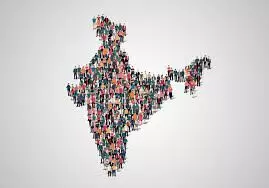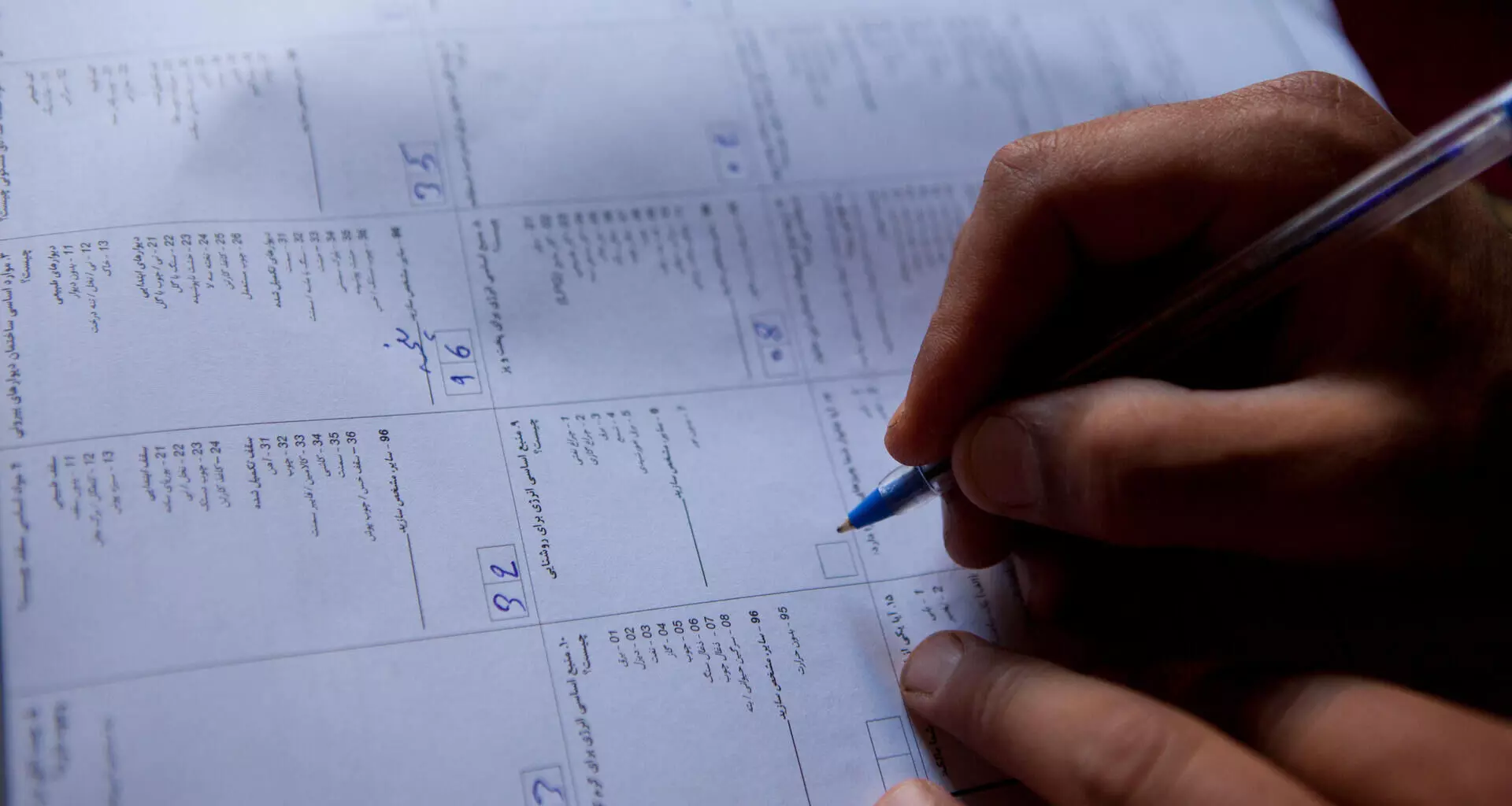
Bihar's caste survey
text_fieldsDespite briefly making news, the caste census being conducted in Bihar since January, does not seem to have gained major attention due to the state elections. The first phase of the survey, the enumeration of households is scheduled to be completed before April, while the entire data collection process is slated to be finished by May. Meanwhile, petitions were filed in the Supreme Court in January demanding that the survey be stopped but they were all rejected. The court, while dismissing the petitions questioned how benefits and welfare programmes can be decided without the numbers and data. The objective of this landmark move by the Janata Dal JD(U)-RJD government in Bihar is to collect socio-economic and educational statistics as well as caste-specific population data. Bihar is perhaps the most backward state in India in need of backward class empowerment and where attempts are being made in that direction. Evenn when chief minister NItish Kumar's JD(U) was a BJP ally as part of the NDA, he had raised this demand at the alliance forum. Moreover, in 2020, the Bihar Assembly had unanimously passed a resolution demanding that the 2021 census be caste-based. Now the Bihar government has started this massive endeavour by allocating Rs 500 crore from the consolidated fund of the state and employing the services of around five lakh employees.
The last caste census in India was done during the British rule in 1931. The call for such a census was made repeatedly in independent India, but it did not happen due to the resistance and roadblocks erected by the upper castes and the bureaucracy-administrative leadership that was under their control. The community and caste information gathered during the constitution-mandated decennial census is kept confidential. The fate of the last census, which took place in 2011, was no different. The current caste-wise census in Bihar is called a 'survey' as the process of the census is a central subject and states are not authorised to conduct it. The main reason for the objections to the caste survey is that it will reveal factual information about the communities. The survey will bring out accurate numbers as to the percentage of the backward classes in the population, how much they are represented in the government service, education sectors and in the large private sector and how much of the government's financial benefits and welfare schemes benefit them. The upper caste, which currently enjoys all of these disproportionately, will find the survey difficult to digest. They have always countered such exercises by saying that caste census will lead to divisive mindsets and that it is against the right to equality stipulated by the constitution. It is a different matters that the constitution itself provides for qualifictions to the equality concept to correct existing inequalities.
After studying the backward representations closely, the VP Singh cabinet made 27 per cent of reservations available to other backward classes (OBCs) in addition to the 22.5 per cent that was given to Scheduled Castes and Scheduled Tribes. Thus the Mandal Commission recommendations implemented by the Singh Cabinet in 1990 became a milestone in the history of reservation. Politically, the most important issue that BJP fears is that the phenomenon of 'Mandal politics', which subsequently emerged, will be revived with data that will expose existing discriminations and under-representation. But it is true that along with Opposition disunity, the support of OBCs did assist the BJP in recent electoral victories. This support from the OBC is gained through the campaign that claimed to include all people in the government's development achievements, including the disadvantaged. According to a study by the Lokniti-Centre for the Study of Developing Societies, the BJP received 44 per cent of the votes in 2019 compared to 22 per cent in 2009. Sangh Parivar, however, is not a fan of the empowerment of communal identities among the backward classes. They are opposed to using data, such as caste surveys, to prepare for it. The Sangh Parivar's "all-inclusive Hindutva" philosophy, which it portrays as the more inclusive side of Hindutva rather than the caste-based structure, will lose all of its value if the true state of the lower classes is revealed.















